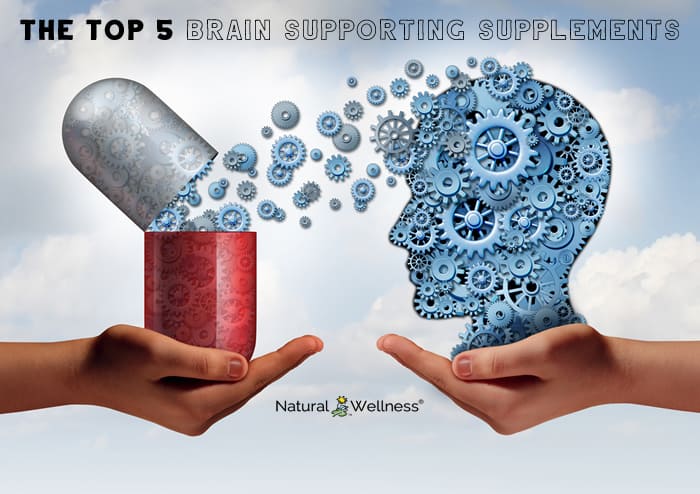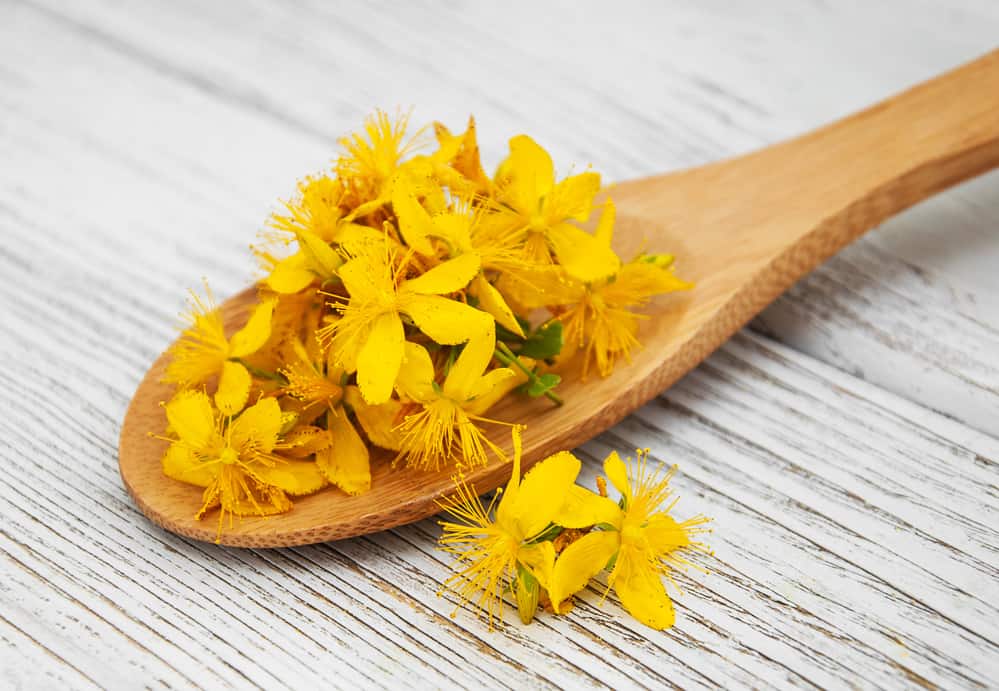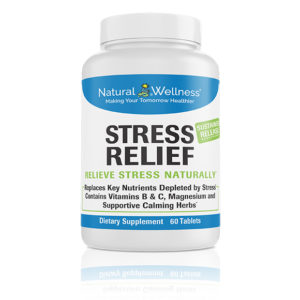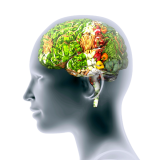

It’s no surprise that our brain is one of the most complex organs in our body. It’s where our intelligence comes from – every thought, feeling, sense, emotion, and behavior stems from it. Just like any other organ in our body, it can be dysfunctional or diseased.
With research to back us up, here are some of the top supplements you should consider if you’re in need of some brain support.
Brain 101
This 3 lb organ that sits in our skull has a job to do, and all the various parts of the brain play a different role.
According to the Alzheimer’s Association (1), the three main parts include the:
- Cerebrum – involved in remembering, problem solving, thinking, feeling, and movement
- Cerebellum – controls coordination and balance
- Brain stem – controls automatic functions like breathing, digestion, heart rate, and blood pressure
Your cerebrum (which is the largest part of your brain) has a special outer layer called the cortex. The cortex is all those wrinkled layers, and scientists have found that various areas of the cortex are linked with certain functions.
Your brain has a huge network of blood vessels which receive up to 50 percent of your body’s fuel and oxygen if you’re in deep thought. This network of blood vessels is made up of a variety of veins, capillaries, and arteries.
There are also about 100 billion nerve cells in your brain. These nerve cells contain branches which connect them together at more than 100 trillion points. Memories, thoughts, feelings, and other signals travel through these groups of neurons to other cells. Once a signal has reached a synapse (a small junction between nerve cells), a burst of chemicals called neurotransmitters are released.
Importance of Neurotransmitters
Although neurotransmitters aren’t the only cause of brain conditions, they do play an important role. They are what help nerves communicate with each other.
Harvard Medical School (2) mentions 6 different neurotransmitters that all have a different effect on our brain.
- Acetylcholine – Involved in learning, recall, and enhances memory.
- Serotonin – It helps regulate sleep, appetite, mood, and inhibits pain. When individuals have low levels of serotonin, they are linked with a higher risk for suicide.
- Norepinephrine – It has the ability to constrict blood vessels, which then raises blood pressure and may trigger anxiety. It also seems to determine motivation and reward.
- Dopamine – The “feel good” neurotransmitter, it is the brain’s reward system and influences motivation. It also plays a role in how people perceive reality, with low levels causing psychosis, hallucinations, or delusions.
- Glutamate – This neurotransmitter acts as an excitatory and plays a role in bipolar disorder and schizophrenia.
- Gamma-aminobutyric acid (GABA) – Helps to inhibit certain issues, such as anxiety.
5 Supplements to Try for Brain Health
1. Fish oils
When taking fish oil, you’re getting two forms of omega-3 fatty acids. They include:
- Docosahexaenoic acid (DHA)
- Eicosapentaenoic acid (EPA)
DHA is the form that is mostly associated with improved brain function. According to a 2016 article published in Nutrients (3), DHA makes up over 90% of the omega-3’s found in the brain and 10 to 20% of the brain’s total lipids. DHA is found at the synapses previously discussed; therefore they can affect neurotransmitter release.
A 2013 study published in the American Journal of Clinical Nutrition (4) found that taking a DHA supplement improved thinking skills, memory, and reaction times in individuals who weren’t getting enough DHA via diet. It’s also helpful for people experiencing a decline in brain function.
Harvested from the best fish sources – sardine and anchovy – Natural Wellness’s Super Omega-3 Fish Oil contains 1000 mgs of active omega-3 fatty acids EPA and DHA.
2. Ginkgo Biloba

This herb is harvested from the Ginkgo biloba tree native to China. The form that is used in medicine and supplements is an extract from the leaves and has a specific formulation to keep it consistent.
More research needs to be done, but there are promising studies out there that show this herb’s potential. One 2013 review and analysis (5) found that supplementing Ginkgo biloba reduced symptoms of schizophrenia, and also improved daily living of patients with dementia. On the other hand, there’s limited evidence to show it can improve other neuropsychiatric conditions such as anxiety, depression, autism, or attention-deficit hyperactivity disorder (ADHD).
In addition to 100 mg of DHA powder, Natural Wellness’s Brain Support supplement also contains Ginkgo biloba.
3. St. John’s Wort

This plant is grown in the wild and regularly prescribed for depression in Europe.
A 2016 review (6) found that St. John’s Wort exceeded placebo pills when it came to treating mild and moderate depression. It was also right in line with antidepressant medication treatments.
It’s important to note that taking St. John’s Wort on top of an antidepressant can cause serotonin to increase to potentially life-threatening levels.
4. B vitamins
There are a grand total of 8 B-vitamins. They include:
- B1 (thiamine)
- B2 (riboflavin)
- B3 (niacin)
- B5 (pantothenic acid)
- B6
- B7 (biotin)
- B12
- Folic acid
According to Mayo Clinic (7), these B-vitamins all play a role in how our brain produces chemicals. Low levels can affect our mood and other brain functions, which could potentially be linked with depression.
A 2019 review and analysis (8) found that B-vitamin supplementation had a positive effect on mood compared to placebo. This was especially true when it came to stress, but not significant when it came to depression and anxiety symptoms.
You can find all 8 in Natural Wellness’s Stress Relief supplement.
5. L-theanine
L-theanine is an amino acid that is generally found in green tea plants. Studies have shown that it can help relax individuals without making them feel drowsy.
One 2019 study published in Nutrients (9) found that stress-related symptoms (depression, anxiety, and sleep issues) and cognitive functions (verbal fluency, memory, flexible thinking, and self-control) were improved after 4 weeks of L-theanine.
Conclusion
Above we explored 5 of the top brain supporting supplements you might wish to add to your medicine cabinet, including fish oil, Ginkgo biloba, St. John’s Wort, B vitamins, and L–theanine.





